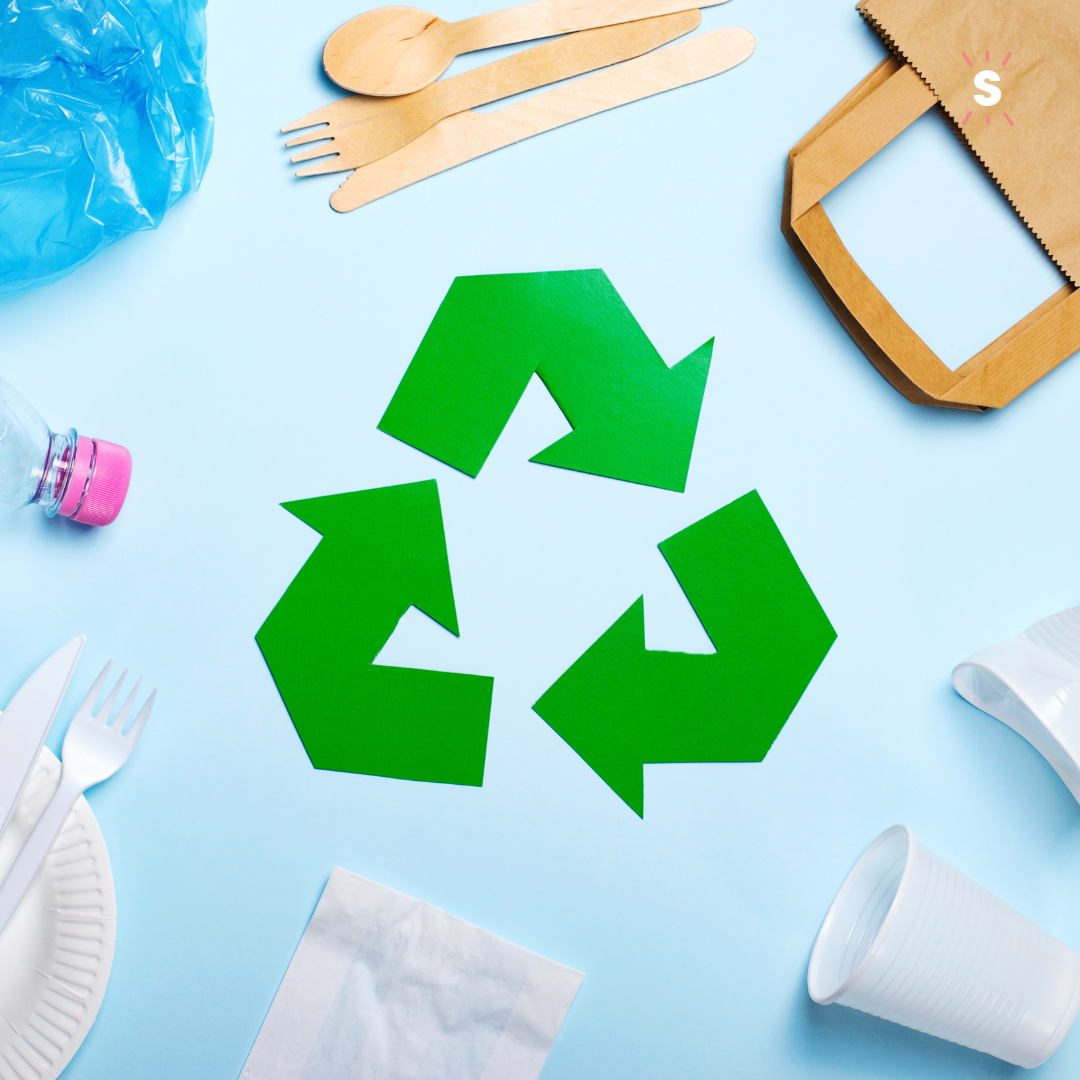What Waste Reveals About Your Business
Waste is more than just an output, it’s a reflection of your operations. It signals inefficiencies, missed opportunities, and untapped potential for growth and innovation.
When you stop seeing waste as “trash” and start recognizing it as a collateral part of your business that must be managed and cared for, it becomes a reflection of how your business solves problems and how prepared it is for the future.
Let’s break down what your waste is really telling you:
1. Future Concerns: Waste Highlights Inefficiencies That Could Hinder Growth
Unchecked waste is often a symptom of deeper inefficiencies—outdated processes, overproduction, or poor resource planning. These inefficiencies don’t just create clutter—they cost your business money, time, and agility. As your business grows, those costs compound.
For example, the average UK office worker generates around 500kg of waste per year, with 70% being paper waste—a clear sign of untapped digital transformation potential (BusinessWaste.co.uk).
If not addressed early, waste can create barriers to scaling, slow down operations, and damage your business’s long-term resilience.
2. Innovation: Reducing, Reusing, and Rethinking Drives Competitive Advantage
Viewing waste through the lens of innovation opens new opportunities. Reducing waste forces businesses to rethink systems, products, and supply chains. It can lead to entirely new business models or revenue streams.
For example, the EU’s push for textile producers to fund waste collection and recycling is driving innovation in circular fashion and recycled materials (Financial Times).
Smart companies use waste reduction as a trigger to innovate, creating competitive advantages in efficiency and market differentiation.
3. Environmental Approach: Waste Management Is the First Step Toward Eco-Conscious Operations
Your waste output is a direct measure of your environmental impact. Proper waste management is often the most immediate and actionable step toward becoming a greener, more responsible business.
Consider that Ireland generated 17.6 million tonnes of waste in 2021, with 3.17 million tonnes being municipal waste (EPA Ireland).
Taking control of your waste—through recycling, composting, or material reuse—reduces your footprint and demonstrates environmental leadership to your customers and partners.
4. Upword’s Philosophy: Waste Management Isn’t Just a Process—It’s a Mindset
At Upword, we believe waste management is about mindset, not just bins and bags. It’s about embedding waste awareness into how you design products, run operations, and train your team.
Reducing waste cuts costs, streamlines operations, and builds a business ready for tomorrow’s challenges. Studies show small businesses lose over 98 hours annually due to inefficiencies like misfiring tech or poor systems—wasted time that costs money and morale (The Sun).
Being waste-conscious is about building resilience, adaptability, and a future-ready business.
5. Impact: Every Piece of Waste Contributes to Your Business’s Environmental Footprint
Whether it’s excess packaging, unused inventory, or wasted time, every form of waste carries an impact—on the planet and your bottom line.
Sustainability is shifting from “nice to have” to “must have.” Regulators, investors, and consumers increasingly demand accountability. The businesses that thrive tomorrow are the ones acting on this today.
Are You Ready to Let Your Waste Tell a Different Story?
Your waste is talking—what is it saying about your business? By shifting your mindset, embracing innovation, and prioritizing waste reduction, you position your business for growth, resilience, and impact.
Would you like to read more? Here are some links:

